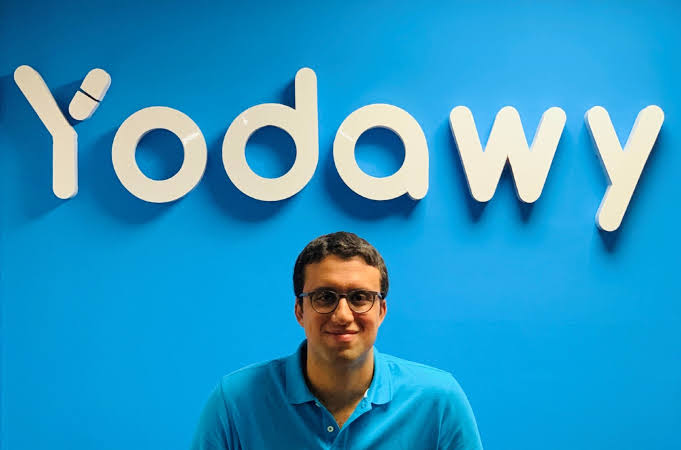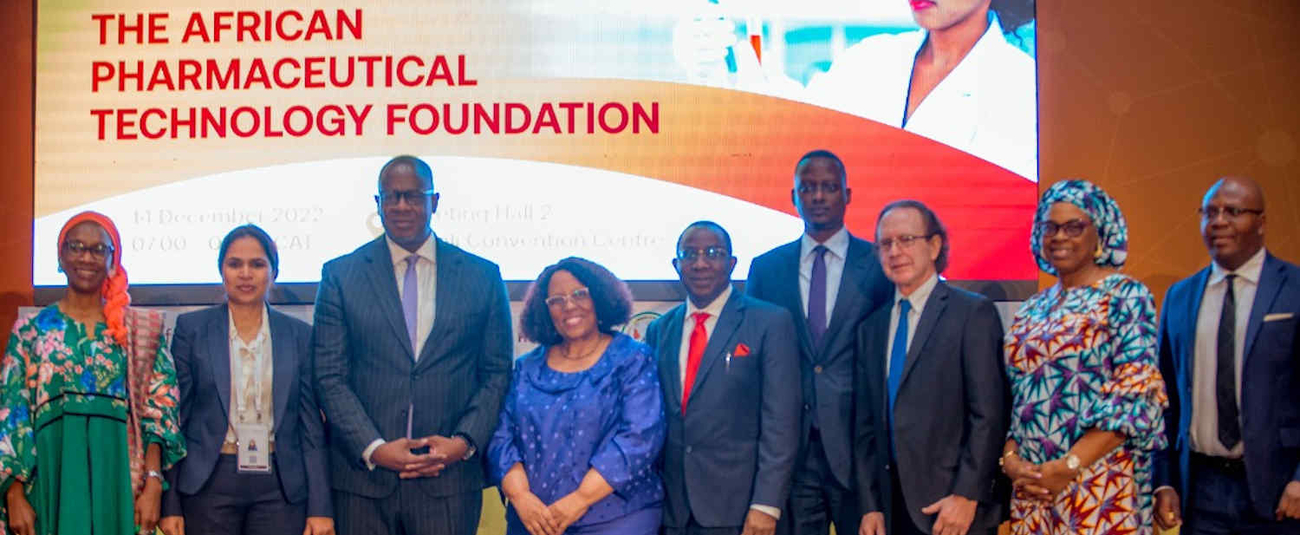Yodawy, a pharmacy benefits platform founded in 2018 to reform Egypt’s medicine supply chain, raised $16 million in Series B financing to expand beyond the Middle East and Africa.
Insurance businesses and hospitals can automate approvals, save money, and improve customer experiences using Yodawy. Pharmacy sales increase through the platform’s e-commerce.
Delivery Hero Ventures, AAIC Investment, Dallah Al-Baraka, Middle East Venture Partners (MEVP), C Ventures, and P1 Ventures all participated in this round of fundraising.
Yodawy CEO and Co-founder Karim Khashaba stated the health tech business would maximize investment by expanding into the $60 billion Middle East and Africa pharma sector.
He reassured investors, “We have solid insurance and employer-led medical scheme partnerships.” We manage the whole prescription value chain, from doctors’ digital prescriptions to payers’ processing and a fulfillment infrastructure that distributes 200,000 prescriptions monthly to 30 Egyptian cities.
Read also: AfDB launches the African Pharmaceutical Technology Foundation
Yodawy’s origins, successes, and gaps
Yodawy’s journey in Egypt began in 2018 with the establishment of the business by Karim Khashaba, COO Yasser AbdelGawad, and CTO Sherief El-Feky.
They created a framework for their partners’ services, including those of insurance companies, healthcare organizations, pharmacies, and FMCG and pharmaceutical firms. This establishment’s main goal is to link them up with both commercial and individual customers.
More than 2,000 e-prescriptions are generated every day thanks to Yodawy’s recently launched flagship e-prescription gateway, which enables doctors to go paperless. The program is supported by seven insurance companies and health management organizations.
The Egyptian business is the first full-fledged pharmacy benefit manager with a technological foundation to control the entire prescription cycle, whether by building an e-prescription gateway for hospitals and doctors or an approval automation engine for insurance companies.
Its net income grew 400% in 18 months. Through this milestone, it has become the principal partner for most corporate pharmaceutical businesses in Egypt, about 300 in number, providing their employees with chronic medical needs.
It automates approvals for insurance companies and hospitals, saving money and improving customer service. Yodawy’s e-commerce platform helps pharmacies sell more online and delivers medicines and drugs to patients in employer-led medical schemes.
Since its founding, the Egyptian corporation has made some notable advancements, but there are also certain weaknesses.
More than 90% of Egypt’s prescriptions and insurance claims are kept on paper, which sabotages every actor in that value chain, from prescription errors to excessive pharmacy and hospital wait times.
Also, it can’t handle the final stretch of a journey. Due to Delivery Hero Ventures’ support, the digital healthcare firm can investigate working with the company to manage this crucial aspect of its operations.
Yodawy’s assertion
Yodawy’s Care Program for chronic patients, which includes monthly prescription refills and daily deliveries across 38 Egyptian cities, will benefit from the investment, according to its statement.
The company plans to automate its operations, enabling larger-scale prescription processing and improving tech-enabled fulfilment to service a rapidly growing patient base.


